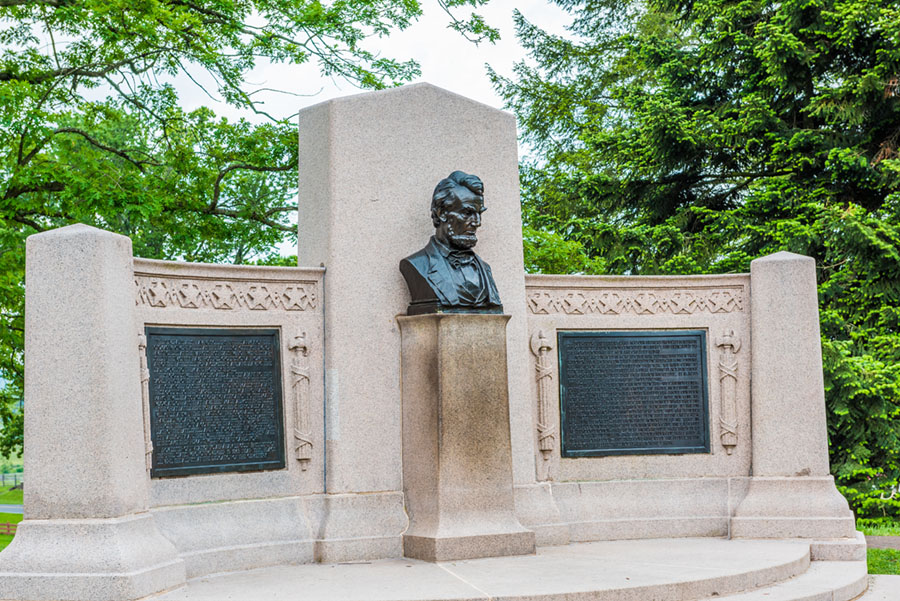
The Abraham Lincoln Inaugural Address is Among the Most Famous of Speeches
Deconstructing The Abraham Lincoln Inaugural Address Comprises an Examination of American Heroism.
Throughout this article, the mention of the Abraham Lincoln inaugural address refers to the second of the two that Lincoln delivered, and mentions of his first inaugural address are indicated as such.
The Lincoln inaugural address focuses on reconstruction of the union after the Civil War and the ending of slavery.
Lincoln’s first inaugural address dealt with issues that divided the states and sought to galvanize Northern support without further estranging the South, where Lincoln was already despised.
Delivered on March 4, 1865, the Abraham Lincoln inaugural address was a wartime speech.
Even before the war, however, Lincoln’s underlying priority of maintaining and expanding the union (and the government overseeing it) is clear.
For example, Lincoln’s support of the Mexican-American War highlights his political faction’s prioritization of expanding America’s territorial boundaries.
Part of the effect of speeches like the Abraham Lincoln inaugural address, however, is that it engendered a kind of heroism that presented Lincoln as a champion of peace for peace’s sake.
The heroism supported by the Abraham Lincoln inaugural address is so strong that the possibility that Lincoln could be championing peace for the government’s sake is mostly discarded, and Lincoln’s image is raised on a pedestal to this day.
Lincoln and God
Abraham Lincoln’s atheism in his early life has been well established. His reputation as a free-thinking man included the notion that God was not taken as a given condition of anything.
Lincoln’s second inaugural address is viewed as a theologically intense speech, though it does not affirm nor deny Lincoln’s own belief in God. Lincoln is careful to place God in a conditional role, refraining from declarations of his own faith.
Thus, Lincoln was able to appeal to an audience that largely entertained Christian values and morals without ever disposing of the issue of faith in his speeches.
The heroism surrounding Lincoln, then, is at least partly invented by his listeners. The notion that people hear what they want to hear is applicable in this case.
One may also say that it may not have mattered what Lincoln’s own beliefs were, as long as he was effective in rhetoric. Such may often the case in modern-day politics as well.
Lincoln and the Empire
According to Noam Chomsky, America is the only country in the world to be founded as an empire.
George Washington and Thomas Jefferson were among the first to espouse views that Americans would expand their territories by forcefully driving out the incumbent peoples.
This trend continued through Lincoln’s terms in office, and it shaped his views substantially as well.
Lincoln’s support of the Mexican-American War led to America’s acquisition of a large amount of territory that would become a group of states stretching from Texas to California.
In the Civil War, Lincoln’s position on slavery and his all-or-nothing position on the resolution of the conflict between North and South exemplified his priority to keep the states unified.
Ostensibly, Lincoln fought for peace and civil rights, and those have been heroic causes to this day.

 My First Amazing Ayahuasca Experience
My First Amazing Ayahuasca Experience  Pine Needle Tea
Pine Needle Tea  The REAL Controllers of Humanity: The Papal Bloodlines
The REAL Controllers of Humanity: The Papal Bloodlines  Is it Global Warming or Cooling?
Is it Global Warming or Cooling?  Gun Rights and Obama Examined
Gun Rights and Obama Examined